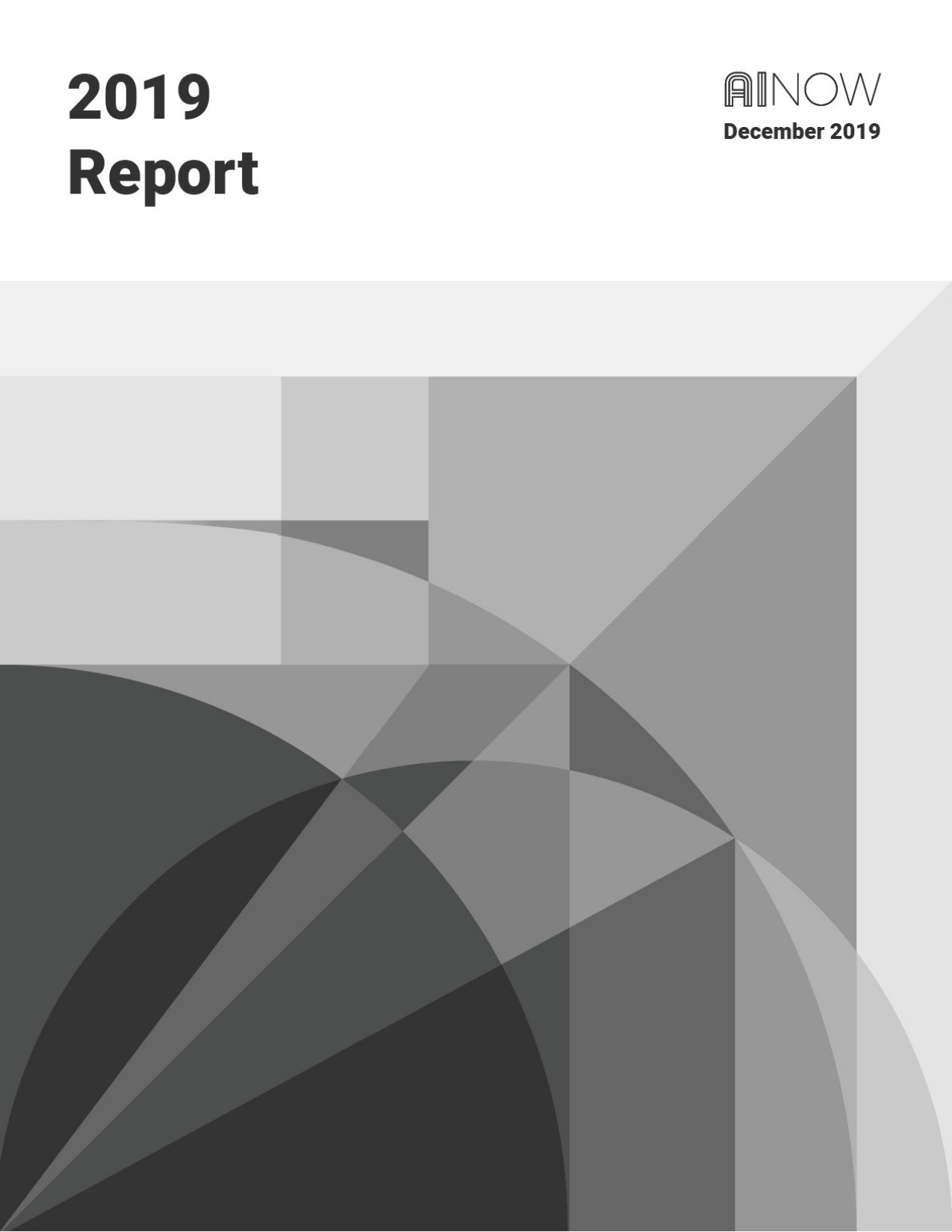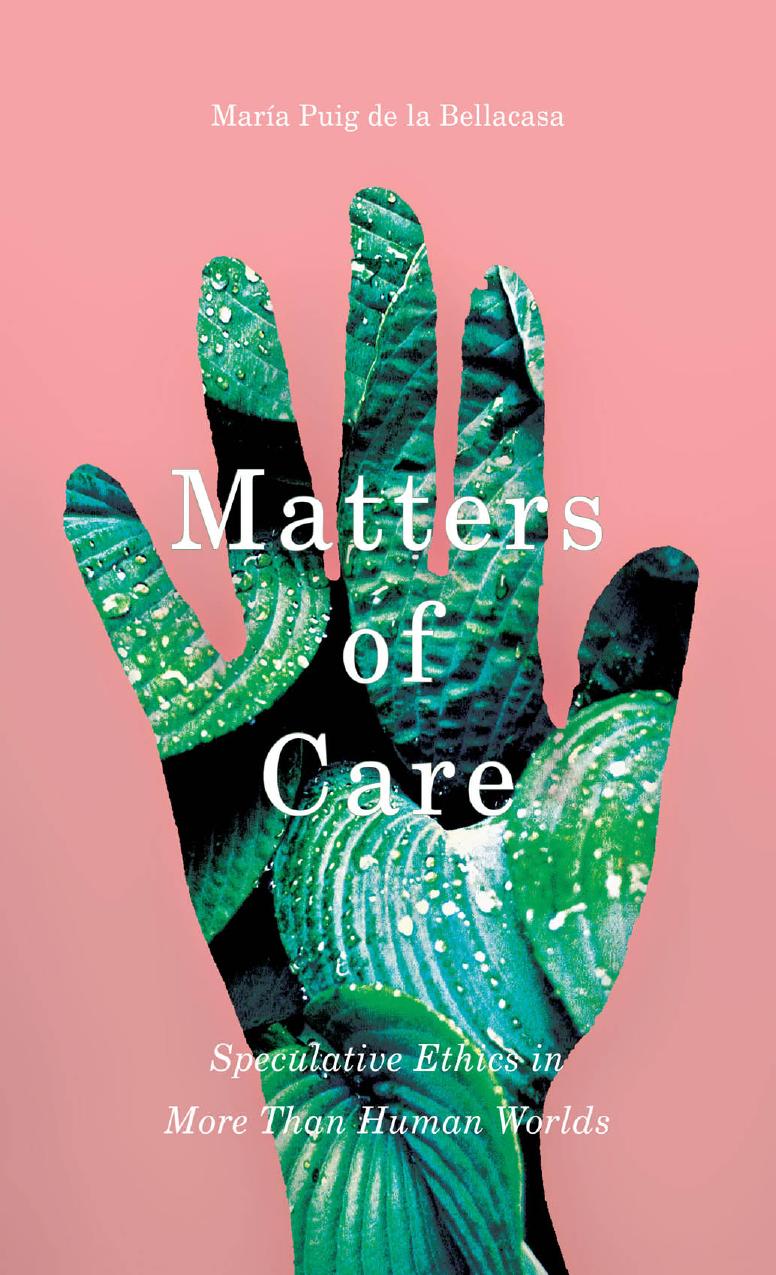Matthew Fuller, Olga Goriunova: Bleak Joys: Aesthetics of Ecology and Impossibility (2019)
Filed under book | Tags: · aesthetics, animal, chance, ecology, environment, ethics, forest, individuation, nature, philosophy, plants, subject, territory, theory, virtuality

“Bleak Joys develops an understanding of complex entities and processes—from plant roots to forests to ecological damage and its calculation—as aesthetic. It is also a book about “bad” things, such as anguish and devastation, which relate to the ecological and technical but are also constitutive of politics, the ethical, and the formation of subjects.
Avidly interdisciplinary, Bleak Joys draws on scientific work in plant sciences, computing, and cybernetics, as well as mathematics, literature, and art in ways that are not merely illustrative of but foundational to our understanding of ecological aesthetics and the condition in which the posthumanities are being forged. It places the sensory world of plants next to the generalized and nonlinear infrastructure of irresolvability—the economics of indifference up against the question of how to make a home on Planet Earth in a condition of damaged ecologies. Crosscutting chapters on devastation, anguish, irresolvability, luck, plant, and home create a vivid and multifaceted approach that is as remarkable for its humor as for its scholarly complexity.
Engaging with Deleuze, Guattari, and Bakhtin, among others, Bleak Joys captures the modes of crises that constitute our present ecological and political condition, and reckons with the means by which they are not simply aesthetically known but aesthetically manifest.”
Publisher University of Minnesota Press, Minneapolis, 2019
Posthumanities series, 53
ISBN 9781517905521, 1517905524
xxviii+192 pages
PDF (6 MB)
Comment (0)AI Now 2019 Report (2019)
Filed under report | Tags: · artificial intelligence, automation, data, employment, ethics, gender, governance, infrastructure, machine learning, policy, power, race, society

This report “examines new research on the risks and harms of AI, including its use by companies to aggressively manage and control workers, its climate impact, and the growing use of facial and affect recognition. We also look at the growing movements that are demanding a halt to risky and dangerous AI, and offer recommendations on what policymakers, advocates, and researchers can do to address these harms.”
By Kate Crawford, Roel Dobbe, Theodora Dryer, Genevieve Fried, Ben Green, Elizabeth Kaziunas, Amba Kak, Varoon Mathur, Erin McElroy, Andrea Nill Sánchez, Deborah Raji, Joy Lisi Rankin, Rashida Richardson, Jason Schultz, Sarah Myers West, and Meredith Whittaker
Publisher AI Now Institute, New York, 12 Dec 2019
Creative Commons BY-ND 4.0 International License
100 pages
María Puig de la Bellacasa: Matters of Care: Speculative Ethics in More than Human Worlds (2017)
Filed under book | Tags: · agency, biopolitics, care, ecology, ethics, feminism, knowledge, naturecultures, object, politics, soil, technoscience, touch

“To care can feel good, or it can feel bad. It can do good, it can oppress. But what is care? A moral obligation? A burden? A joy? Is it only human? In Matters of Care, María Puig de la Bellacasa presents a powerful challenge to conventional notions of care, exploring its significance as an ethical and political obligation for thinking in the more than human worlds of technoscience and naturecultures.
Matters of Care contests the view that care is something only humans do, and argues for extending to non-humans the consideration of agencies and communities that make the living web of care by considering how care circulates in the natural world. The first of the book’s two parts, “Knowledge Politics,” defines the motivations for expanding the ethico-political meanings of care, focusing on discussions in science and technology that engage with sociotechnical assemblages and objects as lively, politically charged “things.” The second part, “Speculative Ethics in Antiecological Times,” considers everyday ecologies of sustaining and perpetuating life for their potential to transform our entrenched relations to natural worlds as “resources.”
From the ethics and politics of care to experiential research on care to feminist science and technology studies, Matters of Care is a singular contribution to an emerging interdisciplinary debate that expands agency beyond the human to ask how our understandings of care must shift if we broaden the world.”
Publisher University of Minnesota Press, Minneapolis, 2017
Posthumanities series, 41
ISBN 9781517900656, 1517900654
265 pages
Reviews: Miriam Ticktin & Katinka Wijsman (Hypatia, 2017), Sonja Jerak-Zuiderent (Science & Technology Studies, 2017), James McMaster (Women & Performance, 2017), Kelly Dombroski (Journal of Cultural Economy, 2018), Stephen Healy (Journal of Cultural Economy, 2018), Elizabeth Reddy (Journal of Cultural Economy, 2018), Gerda Roelvink (Journal of Cultural Economy, 2018), Maria Puig de la Bellacasa (response, Journal of Cultural Economy, 2018), Katie Ulrich (Cultures of Energy, 2018), Garrett Bunyak (Configurations, 2018), Sarah Weiger (ISLE, 2019), Farhan Samanani (Society+Space, 2019), Richard Brons (Ethics of Care, 2019).
Commentary: Michelle Murphy (Social Studies of Science, 2015).
Interview with author (Cultures of Energy, 2018, 70 min)
Comment (0)
